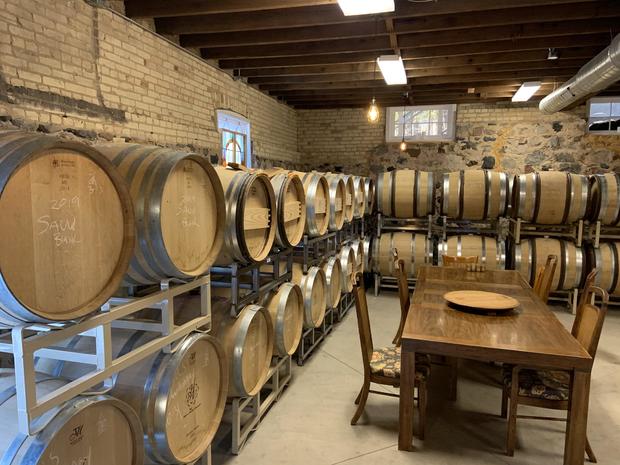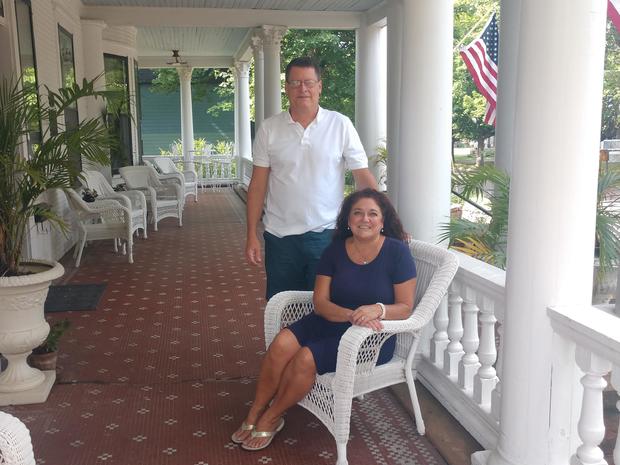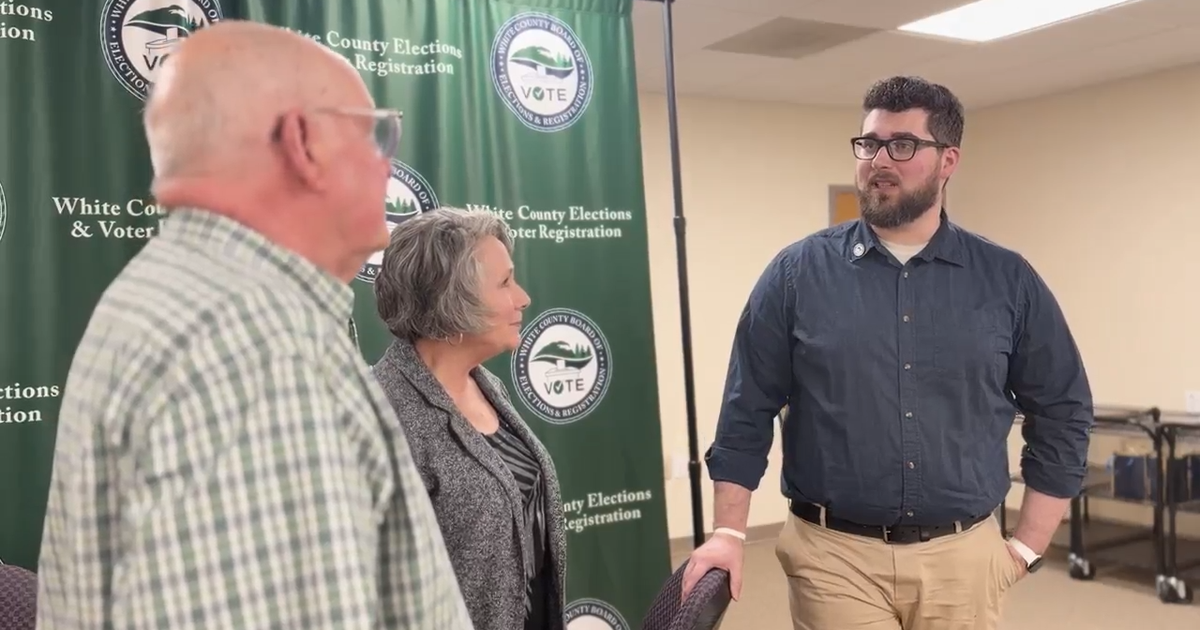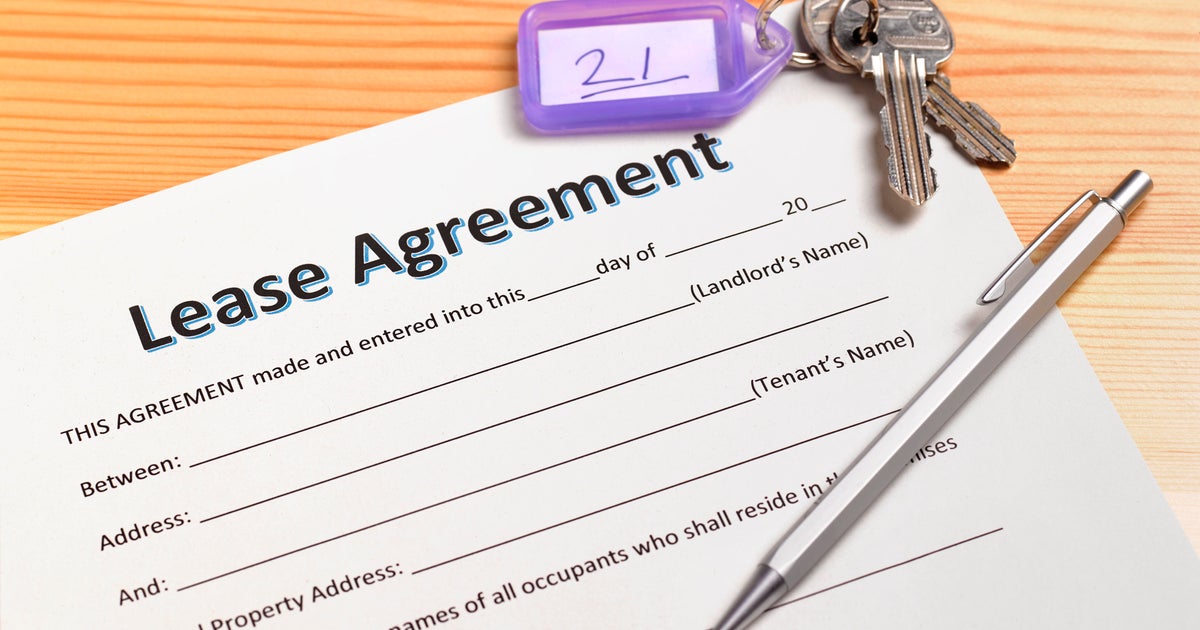Michigan tourism industry says 2020 will be "a year simply to survive"
CBS News is chronicling what has changed for the lives of residents across the nation in 2020 amid the coronavirus pandemic.
Heidi Gesiakowski and her husband Joel opened Taste, a small plates and martini restaurant, in South Haven, a beach town on the eastern shores of Lake Michigan, in 2013.
When the coronavirus pandemic struck, Taste could only offer takeout service for several weeks and revenue took a hit. Business started to pick back up to more normal levels in June when dine-in service could resume at half capacity. It came just as the critical summer tourism season was starting for small businesses like Taste in towns like South Haven across Michigan's two peninsulas.
"It really feels like we're walking into the middle of the war every single day, just trying to tread, keep our head above water," Gesiakowski said.
Taste normally makes about half of its revenue between June and September and Gesiakowski said there is some extra pressure to have a strong summer. As Michigan hits its peak tourism months, some small business owners in towns that normally fill with summer tourists are expressing concerns about what lies ahead and many say they have one goal for 2020: survival.
"Everybody knows this will not be a year to thrive, it'll be a year simply to survive as a business," said Dave Lorenz, vice president of Travel Michigan, the state's tourism office.
In 2018, Michigan had 125 million visitors who spent $25.7 billion on tourism-related activities such as transportation, lodging, dining and recreation, according to the Michigan Tourism Impact report. Tourism spending supports about 1 out of every 16 jobs in the state and generated $2.8 billion in state and local taxes in 2018.
Many of the popular festivals that drive people to northern Michigan towns have been called off this year and Lorenz expects the number of travelers to drop from outside of Michigan. But, he's still hoping that Michiganders will stay in the state for vacations this summer in northern Michigan during the June through September months that are the lifeblood of so many businesses.
"People are going to stay in their states to support their states to get their own employees back to work and to help the economy of their own states," Lorenz said. "I think that's going to happen and if it does, we'll be able to at least hold on to make it through to another year."
Business owners and leaders who spoke to CBS News shared that optimism for the summer based on the number of people traveling so far and said customers have told them they're happy to be able to leave their homes. Images from Fourth of July weekend showed large gatherings of people at popular destinations around the state and a long line of cars on the Mackinac Bridge heading to the Upper Peninsula.
There have been more than 66,000 confirmed cases of COVID-19 and about 6,000 deaths in Michigan, according to the state Department of Health. As of the beginning of July, most counties in the state are considered to be in the two lowest risk categories in the Harvard Global Health Institute's COVID Risk Level map.
However, a recent outbreak at a bar in East Lansing linked to more than 100 COVID-19 cases was a reminder that the virus can quickly spread, even if things are under control. Last week, in response to that outbreak and upticks around the country, Governor Gretchen Whitmer ordered bars to stop indoor service outside of the northern parts of the state.
The uncertainty around the pandemic, especially as other states have had to hit the pause button or take steps back, keeps Bryan Ulbrich worried. He is the owner and winemaker at Left Foot Charley, a wine and hard cider company located in the tourist hub of Traverse City.
Ulbrich opened his business for customers in early June. Curbside pickup was available a couple of weeks before and he does online ordering. He's optimistic about the summer, although business was down in June compared to last year and said "it's almost impossible to budget" without knowing what's ahead.
"Are we going to be 50% down for July? Are we going to be 80%? Is it going to be 20%?" Ulbrich said. "All of this is like completely murky and scary and gives you cause to be awake at night and nausea during the day."
As people travel into these smaller cities and towns over the summer months, some business owners said they are worried about people spreading the coronavirus, even though most travelers have been cooperative with social distancing and requests to wear masks. Gesiakowski said someone testing positive at her restaurant would be a "nightmare scenario."
"If we were to have a positive case here at Taste, it would be financially devastating to have to close down right now," Gesiakowski said. "Not only am I scared for the health of my workers, myself, my family, but I'm also worried about the financial situation with the restaurant."
Some business owners said their big hurdle right now isn't demand, it's finding seasonal workers to fill positions.
Gesiakowski had to stop lunch service a few days a week and close her doors on Wednesdays because she can't find enough workers. She normally has 60 employees in the summer months, but right now has about 40.
"We've never had that issue," Gesiakowski said. "That is our biggest challenge right now."
Still, some businesses aren't seeing the traffic they normally do at this point of the year.
In the Keweenaw Peninsula, the northern tip of the Upper Peninsula, Julie Sprenger and her husband Dave have run the Laurium Manor Inn, a hotel in a former mining mansion, for 31 years. They also own a number of vacation homes that they're just opening for the season for renters. Normally they have about 15 employees working for them by this point, but this year they have about four.
"We do not have the tourists to sustain bringing them back," Sprenger said.
Sprenger said her business is earning about 50% of its normal revenue. She expected the situation to be much worse and is hopeful that will be enough to make it through the summer season when they earn the bulk of their money.
"If the season stays at 50%, we're fine," Sprenger said. "It's gonna be tight. It's not going to be pleasant, but we'll be okay. If it drops below that, who knows?"







